In May, the UN Office for Disaster Risk Reduction published its Global Assessment Report on Disaster Risk Reduction 2019. This comprehensive analysis of disaster risk and risk management highlighted how threats such as air pollution, diseases, earthquakes, drought, and climate change can feed off each other, exacerbating the impact on human health and the environment. But what does this report mean for mountains? To find out, we spoke to disaster risk researcher and MRI SLC member Prof. Irasema Alcántara-Ayala.
Every two years, the UN Office for Disaster Risk Reduction (UNDRR) undertakes a global assessment of disaster risk reduction, highlighting emerging trends, revealing disturbing patterns, examining behaviour, and presenting progress in risk reduction. The results of this assessment form the basis of the Global Assessment Report on Disaster Risk Reduction, the aim of which is to focus international attention on the issue of disaster risk and encourage political and economic support for disaster risk reduction.
So what exactly are the implications of the Global Assessment Report on Disaster Risk Reduction 2019 (GAR 2019) for mountains? To find out, we spoke to MRI Science Leadership Council member Irasema Alcántara-Ayala. A professor within the Institute of Geography at the National Autonomous University of Mexico, Alcántara-Ayala’s research seeks to understand the root causes and drivers of disaster risk, and to promote an integrated research perspective on this topic.
Why does the GAR 2019 matter for mountains and mountain research?

Of major relevance in mountain areas is the coherence among the post-2015 international agendas that are supportive of the Sendai Framework for Disaster Risk Reduction, including the 2030 Agenda for Sustainable Development (SDGs), the Paris Agreement, the New Urban Agenda, the Addis Ababa Action Agenda, and the Agenda for Humanity.
The GAR 2019 advocates for the stronger involvement and use of science to inform policy and decision-making within and across all sectors at all levels in order to guarantee the implementation of those international frameworks.
GAR 2019 offers a reference for mountain researchers to identify the progress of the indicators of disaster risk reduction in different regions, in addition to the opportunity to recognise the gaps that require further attention.
To what extent does the GAR 2019 specifically address the issue of disaster risk reduction in mountain regions?
Quite sadly, even in the full version of GAR 2019, the word ‘mountain’ only appears a couple of times! Reference is made to mountains in Box 2.5. ‘High-mountain Asia’, where the significance of glacial lake outburst floods as a cascading hazard process is pointed out. The melting of glaciers in high mountain ecosystems is also touched upon. Finally, in relation to drought, a paper published by the International Centre for Integrated Mountain Development is used as a reference to address local knowledge and practices for trust, common understanding, and a community sense of ownership.

The aftermath of the 2009 earthquake in Onna, near L’Aquila. The quake left thousands homeless in the mountainous Abruzzo region, east of Rome in Italy.
Why might it be important to address existing gaps between mountain research and disaster risk research?
Disaster risk is one of the main impediments for sustainable development. Mountain regions lacking disaster risk management will face more severe impacts of climate change. Growing populations, rapid urbanization, inequality, poverty, marginalization, and stressed ecological systems are synonymous with increasing levels of vulnerability and exposure, and are also considered as some of the major drivers of disaster risk and disasters.
If the mountain research community is fully engaged with the translation of mountain research into solving societal problems, disaster risk reduction becomes one of the key ingredients for achieving sustainable mountain regions – and one of the main challenges for regional networks of mountain researchers.
There is a clear need to contribute to the formulation of integrated strategies to reduce vulnerability and exposure, and to increase resilience in mountain areas by strengthening disaster risk management based on scientific evidence from a transdisciplinary perspective so that we can work with communities in the co-production of knowledge aiming at the development of a sustainable pathway to fortify mountain societies.
How should these existing gaps between disciplines be overcome?
Mountain research and disaster risk research should be undertaken from an integrated approach. That is to say, committed transdisciplinary efforts. It sounds pretty simple, but in reality it’s a big task since we need to find a common language to communicate properly, and to define research goals together and identify the best possible way to carry them out.

About the Global Assessment Report on Disaster Risk Reduction 2019
This GAR is about understanding better the systemic nature of risk, how we are able to recognize, measure and model risk, and about strategies to enhance the scientific, social and political cooperation needed to move towards systemic risk governance. It reinforces the message that we need to reduce vulnerability and build resilience if we are to reduce risk. It looks at what countries and regional and international organizations have been doing according to formal reporting under the Sendai Framework Monitor (SFM). It also considers country practices in developing national and local plans to enhance risk reduction capacity, to integrate disaster risk reduction (DRR) with development planning and climate change adaptation (CCA), and to pay special attention to risk in rapidly growing cities and fragile/complex contexts.
(GAR2019)
View the Global Assessment Report on Disaster Risk Reduction 2019.


